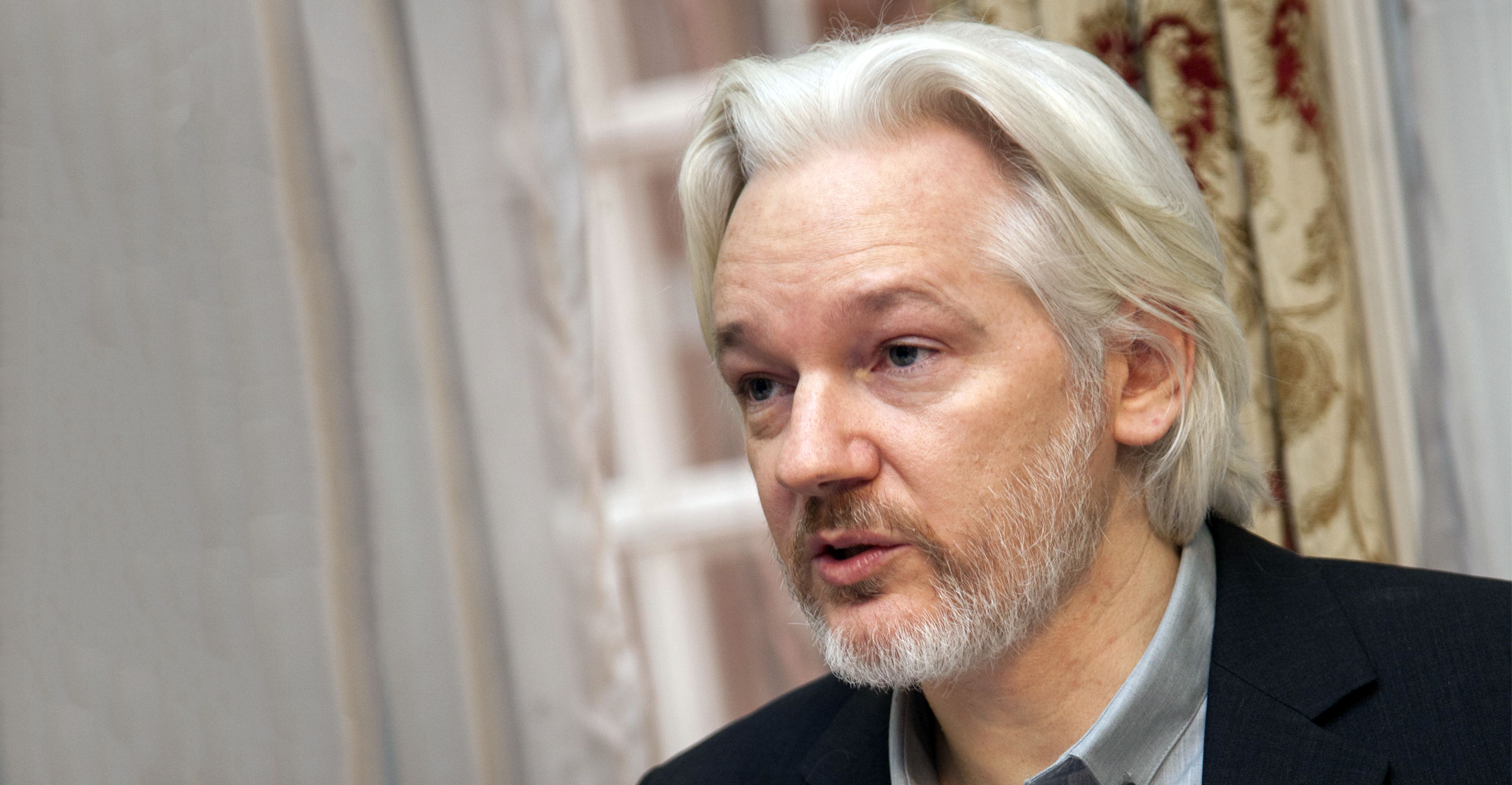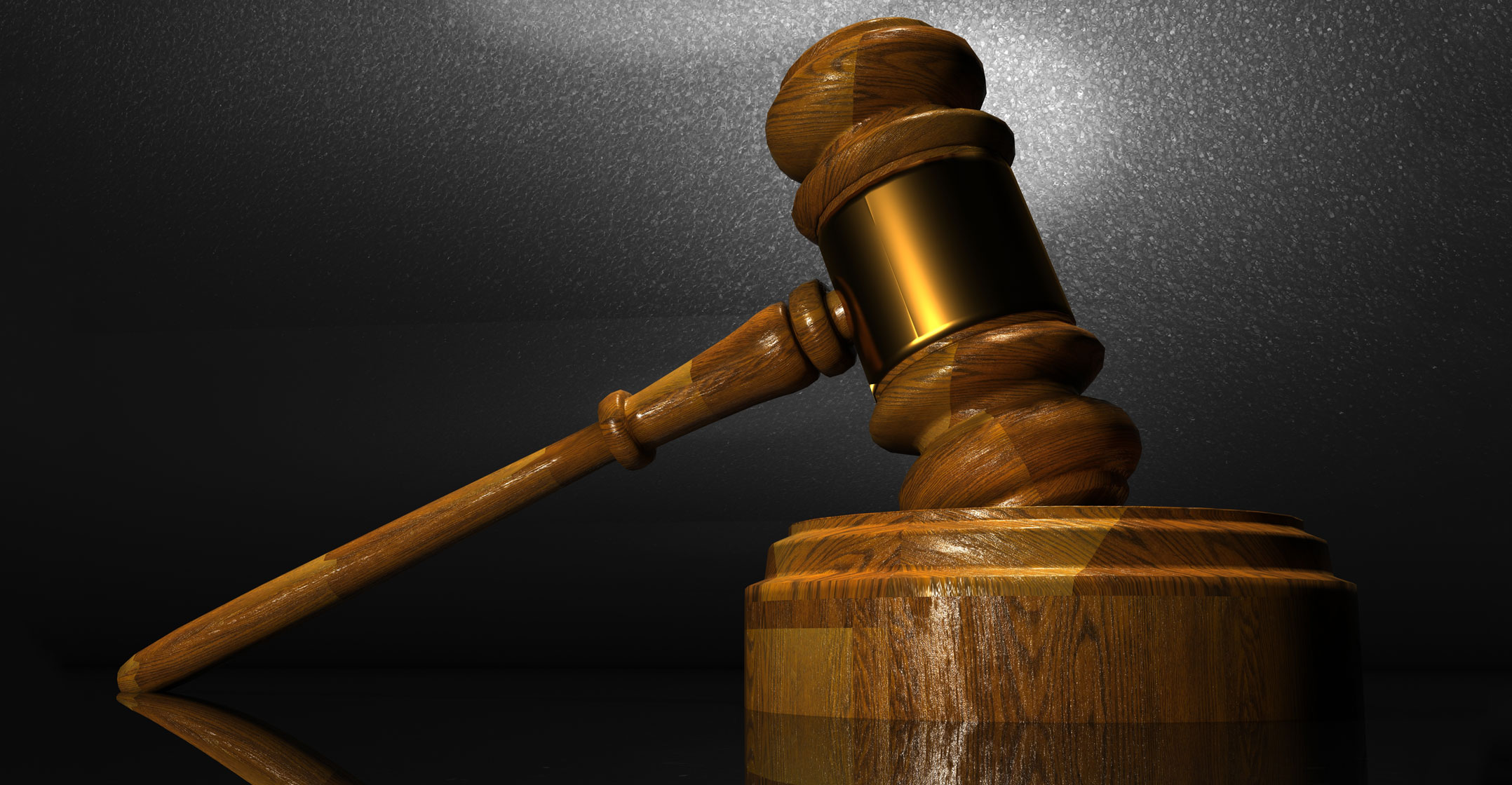
The US has charged WikiLeaks founder Julian Assange with 18 counts related to endangering national security by conspiring to obtain and disclose classified information in one of the biggest intelligence breaches in American history.
The indictment against Assange, who until recently was holed up in Ecuador’s embassy in London, says the 47-year-old was complicit with former Army intelligence officer Chelsea Manning in “unlawfully obtaining and disclosing classified documents related to national defence”.
The new charges supersede an earlier indictment and allege that Assange violated sections of the 1917 Espionage Act. The justice department’s move also reignited a debate over whether the US was punishing Assange for activities that are protected by the constitution.
“Assange knew, understood and fully anticipated that Manning was taking and illegally providing WikiLeaks with classified records containing national defence information of the United States that she was obtaining from classified databases,” according to the 37-page indictment. “Assange was knowingly receiving such classified records from Manning for the purpose of publicly disclosing them on the WikiLeaks website.”
WikiLeaks fired back in a tweet, saying: “This is madness. It is the end of national security journalism and the first amendment.”
Specifically, the justice department said Assange’s decision to publish unredacted names of Afghan and Iraqi citizens, journalists, religious leaders, human rights advocates and political dissidents who provided information to US forces put those people at “grave and imminent risk”.
Prison
If convicted, Assange faces a maximum penalty of 10 years in prison on 17 of the counts, and five years on the other, the justice department said. The US is seeking Assange’s extradition from the UK, where he is serving a 50-week term for skipping bail. Sweden issued an arrest warrant for Assange in 2010. He fought the extradition up to the UK supreme court, where he lost in 2012. While he was out on bail, Assange sought asylum in Ecuador’s embassy.
Swedish prosecutors recently said they are reopening a probe into rape allegations, which could derail US attempts to extradite the WikiLeaks founder.
Assange has in the past claimed he is being persecuted for being a journalist, but the indictment on Thursday says he actively conspired with Manning to obtain the classified documents, many of which were labelled “secret”.
Justice department officials disputed that defence on Thursday.
 “Assange is charged for his complicity in illegal acts,” Zachary Terwilliger, US attorney for the Eastern District of Virginia, told reporters. “Assange is not charged simply because he is a publisher.”
“Assange is charged for his complicity in illegal acts,” Zachary Terwilliger, US attorney for the Eastern District of Virginia, told reporters. “Assange is not charged simply because he is a publisher.”
Yet Matthew Miller, a former spokesman for the justice department during the Obama administration, said on Twitter that “the legal theories outlined here could be used to prosecute a reporter”.
The information Assange and Manning secured included databases containing about 90 000 Afghanistan war-related activity reports, 400 000 Iraq war-related reports and 250 000 state department cables, according to the justice department.
Manning’s lawyer, Moira Meltzer-Cohen, said until now the justice department has been reticent to indict publishers because First Amendment rights are so valuable.
“This signals a real shift and sets a new precedent for the federal government’s desire to chill and even punish the vigorous exercise of the free press,” Meltzer-Cohen said in a statement. — Reported by Chris Strohm and Bill Faries, (c) 2019 Bloomberg LP



